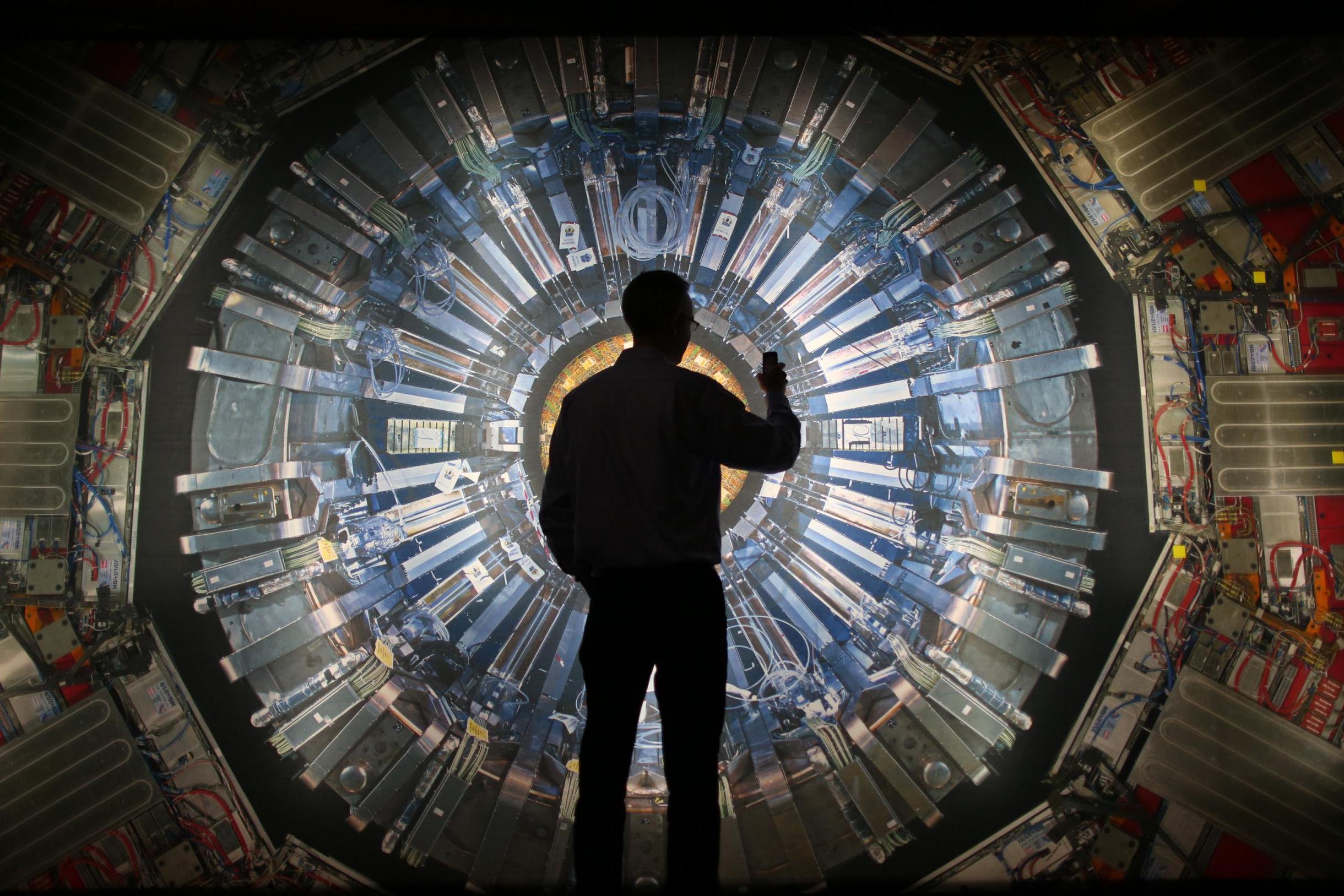Energy crisis could cause CERN accelerators to shut down
Large Hadron Collider facility consumes around one third the amount of electricity as the city of Geneva

Your support helps us to tell the story
From reproductive rights to climate change to Big Tech, The Independent is on the ground when the story is developing. Whether it's investigating the financials of Elon Musk's pro-Trump PAC or producing our latest documentary, 'The A Word', which shines a light on the American women fighting for reproductive rights, we know how important it is to parse out the facts from the messaging.
At such a critical moment in US history, we need reporters on the ground. Your donation allows us to keep sending journalists to speak to both sides of the story.
The Independent is trusted by Americans across the entire political spectrum. And unlike many other quality news outlets, we choose not to lock Americans out of our reporting and analysis with paywalls. We believe quality journalism should be available to everyone, paid for by those who can afford it.
Your support makes all the difference.Officials at the European Organisation for Nuclear Research (CERN) have drafted a plan to pause experiments in response to Europe’s energy crisis, according to reports.
The proposal to shut down most of its particle accelerators during periods of peak demand will be presented to government representatives of France and Switzerland at the end of the month
“Our concern is really grid stability, because we do all we can to prevent a blackout in our region,” CERN Energy Coordinator Serge Claudet told The Wall Street Journal, who first reported on the planned shut down.
“If we are given a budget to do science and, voluntarily, we stop science to space energy, we have to make sure we have the support of the respective countries.”
The €4.4 billion (£3.8bn) Large Hadron Collider (LHC) will remain operational to avoid disrupting the facility’s biggest experimental apparatus, however CERN is also reportedly considering whether it would be possible to idle the LHC.
Turning off the LHC could set back experiments by weeks due to the amount of time and energy it takes to cool down the superconducting magnets required to bend the particle beam.
CERN consumes roughly a third the amount of electricity of the nearby city of Geneva, making it one of France’s largest electricity consumers.
Research currently underway at the complex includes the hunt for dark matter by firing particles in opposite directions around a 27km ring straddling the French-Swiss border.
EDF, the state-controlled French power giant that supplies electricity to CERN, are among the leading energy suppliers seeking ways to transition away from dependence on Russia’s natural gas.
”We must have full control over our electricity production and performance,” France’s Prime Minister Elizabeth Borne said in July.
“We cannot rely anymore on Russian gas and oil. We will gain our sovereignty thanks to nuclear and renewable energies.”

Join our commenting forum
Join thought-provoking conversations, follow other Independent readers and see their replies
Comments